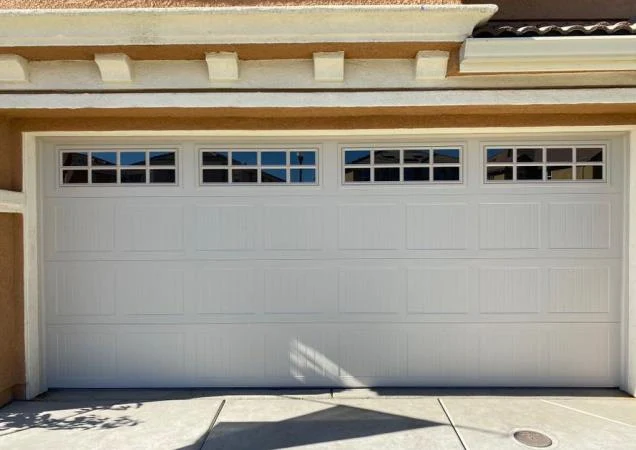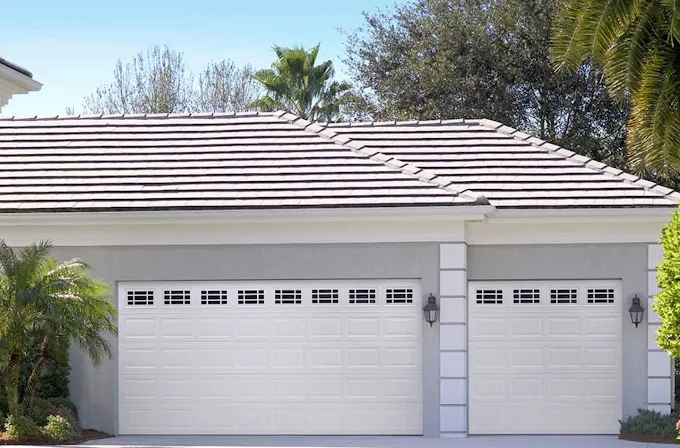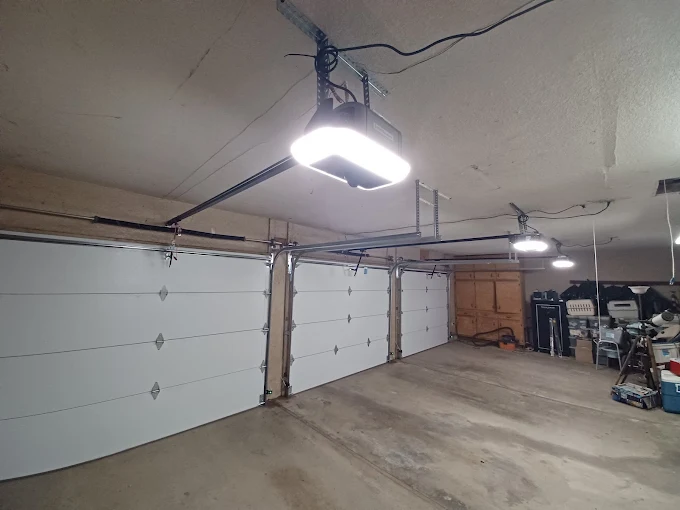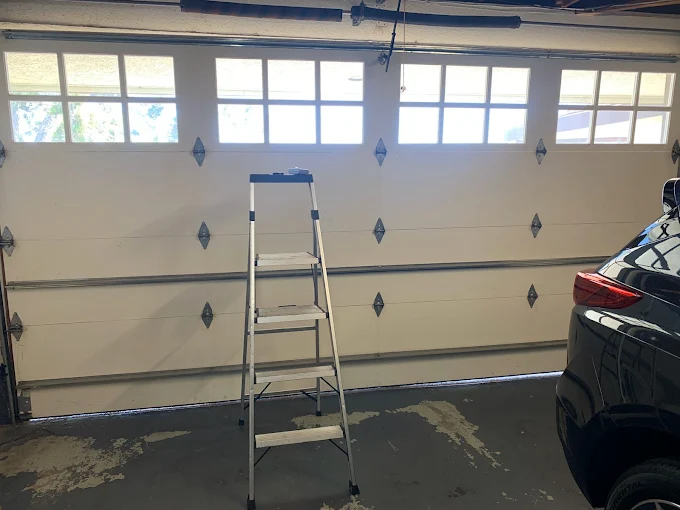Your garage door is more than just one entry point – this is an essential part of your home safety, convenience and appeal. Nevertheless, many homeowners ignore regular maintenance until something goes wrong. Good news? With proper care, you can keep your garage door running smoothly and extend its lifetime for the coming years.
Here is specialized tips to keep your garage door -like running, save money on repair and avoid unexpected breakdown.
Inspection of hardware regularly and tighten it
The doors of the garage are thousands of times a year up and down, causing the nuts, bolts and screws to become loose. Loose hardware can cause noise, wrong alignment and unnecessary stress on the system.
What to do:
Observe all hinges, brackets and roller bolts every few months.
Tighten the loose hardware with a wrench or screwdriver.
Immediately replace any rust or damaged screw.
This small step keeps your door stable and reduces rubbing on other components.
Lubricate the parts running twice a year
The friction garage is one of the biggest enemies of the door. Regular lubrication is required to operate rollers, hinges, bearing and springs smoothly and prevent premature wear.
how to do it:
Use silicon-based or lithium-based garage door lubricants.
Apply a small amount on rollers, hinges and springs.
Wipe any extra thing to prevent dust from freezing.
Well -lubricated parts mean low noise, smooth speed and long -lasting system.
Test the balance of your garage door
An unbalanced garage door puts excess stress on the opener and springs, leading to early failure. The balance test helps ensure that the door is properly aligned and working efficiently.
How to test:
Disconnect the opener by pulling the release handle.
Lift the door halfway by hand.
If it stays in place, it is balanced. If it drops or rises, the springs may need adjustment.
Pro Tip: Never attempt to adjust torsion springs yourself – they are under high stress and require professional service.
Clean and align safety sensors
If your garage door unexpectedly refuses to close or reverses, dirty or misaligned safety sensors could be to blame. These sensors prevent accidents by detecting objects in the path of the door.
Maintenance Steps:
Wipe the sensor lens with a soft, dry cloth.
Make sure both sensors are level and pointing directly at each other.
Check indicator lights to confirm proper alignment.
Keeping the sensors clean ensures that your door security system works correctly and reliably.
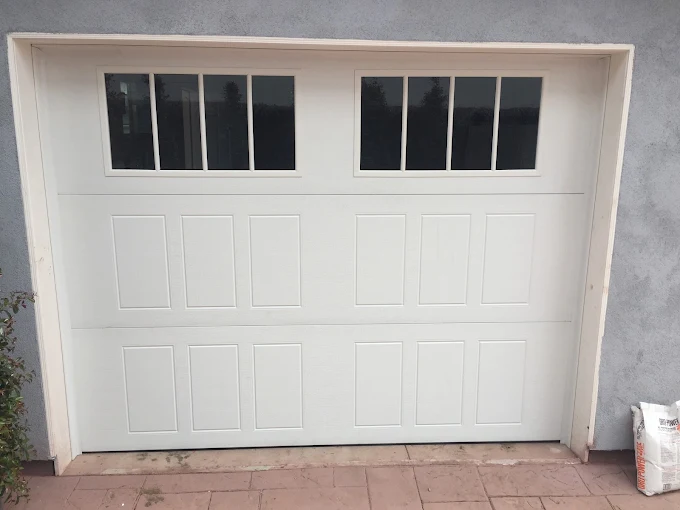
Check and replace weatherstripping
Weatherstripping seals the gap between your garage door and the floor, keeping dust, water, pests and drafts out. Over time, it can break or deteriorate, reducing the energy efficiency and safety of your garage.
How to maintain:
Inspect the rubber seal at the bottom of the door.
If it is brittle, broken, or missing sections replace it.
Ensure a snug seal for maximum insulation and protection.
Listen to unusual noise
A properly working garage door must be operated quietly. Grinding, screaming or beating sounds often indicate loose hardware, wearing rollers, or incorrect tracks.
What to do:
Identify where the noise is coming from.
Tighten any loose parts and lubricate the moving components.
If the noise persists, ask a technician to inspect for deep issues.
Catching small noise quickly can prevent large repair later.
Annual professional maintenance schedule
While DIY maintenance is necessary, a professional inspection once a year ensures that your garage door remains in extreme position. Technicians can detect hidden issues and fix before expensive problems are created.
Will be a professional:
Inspection and adjust springs and cables.
Balance the door and test the security facilities.
Identify worn parts that require replacement.
This active approach can significantly increase your garage door life and reduce emergency repair costs.
Avoid overloading the door
Garage doors are made to lift a certain weight. Adding additional insulation, hanging storage, or attaching heavy objects can stress the system and components of disadvantages such as springs and openers.
Expert advice: Keep the couple free from weight and avoid closing it, which can make the tracks wrong and cause to wear over time.
Conclusion
A garage door is a long-term investment, and with proper care, it can last 15–30 years or more. By following these specialist tips – from regular lubrication and cleaning of sensors to professional maintenance – you can keep your garage door on new, avoid expensive repair, and ensure smooth, safe operations for the coming years.
Think about the maintenance of the garage door like taking care of your car: Little attention now saves a lot of money later.
Frequently asked questions (FAQs)
- How often should I lubricate my garage door?
Lubricate all moving parts twice a year to ensure smooth and cool operation. - What is the average lifetime of a garage door?
With regular maintenance, most garage doors live between 15 and 30 years. - Can I change myself a dreaming?
Yes, it is easy to replace with basic equipment and materials from the hardware store. - Why does my garage door make noise loudly?
This may be due to loose hardware, lack of wearing rollers or lubrication. Inspection and address these issues immediately. - Do I really need professional maintenance?
Yes. Professionals can detect hidden issues, adjust high-tin parts, and ensure long-term performance and safety.

